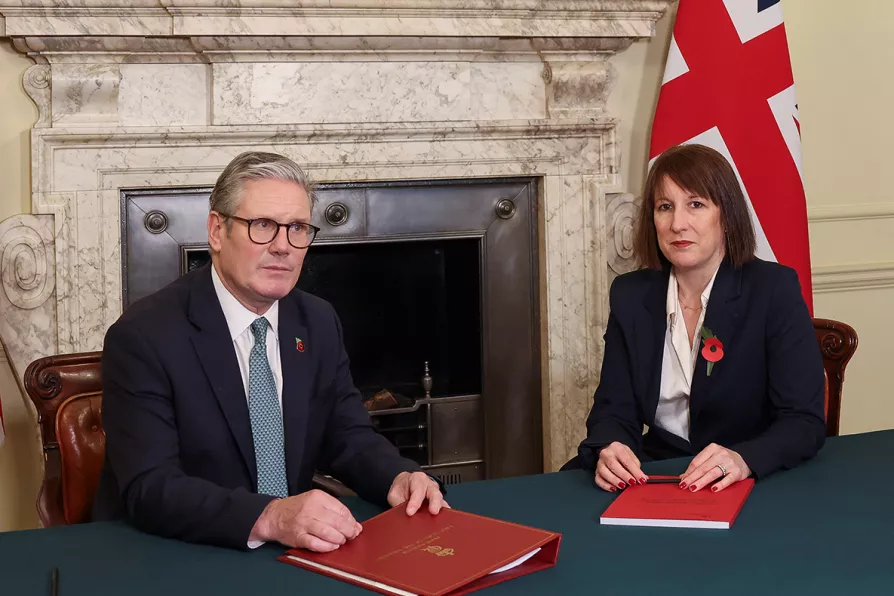
 Prime Minister Sir Keir Starmer meeting Chancellor of the Exchequer Rachel Reeves at Downing Street, London, ahead of the government's first budget, October 28, 2024
Prime Minister Sir Keir Starmer meeting Chancellor of the Exchequer Rachel Reeves at Downing Street, London, ahead of the government's first budget, October 28, 2024
IT happened under Harold Wilson in 1966. It happened again in 1974-76 against Labour’s programme for an “irreversible shift of wealth and power” and did so again on a bigger scale in 2009. The bankers, the “gnomes of Zurich” as Wilson called them, stepped in to halt “excessive” government expenditure.
The gnomes were not necessarily all from Zurich. Most in fact resided much nearer home or issued their orders from Washington DC.
And in 2009 the intervention was triggered by a global financial crisis caused by unregulated bank speculation organised through the City of London by US banks.
But all resulted in the fast reversal of mildly progressive programmes introduced by the Labour Party. This, unfortunately, seems to be where we are today in the face of a new sterling crisis.

Campaigns against nuclear weapons on the Clyde, financial backing for arms firms and rising militarism are converging with solidarity for Palestine, as Scotland’s peace movement builds momentum ahead of the 2026 Holyrood election, says ARTHUR WEST

Exempting military expenditure from austerity while slashing welfare represents a fundamental misallocation of resources that guarantees continued decline, argues MICHAEL BURKE












